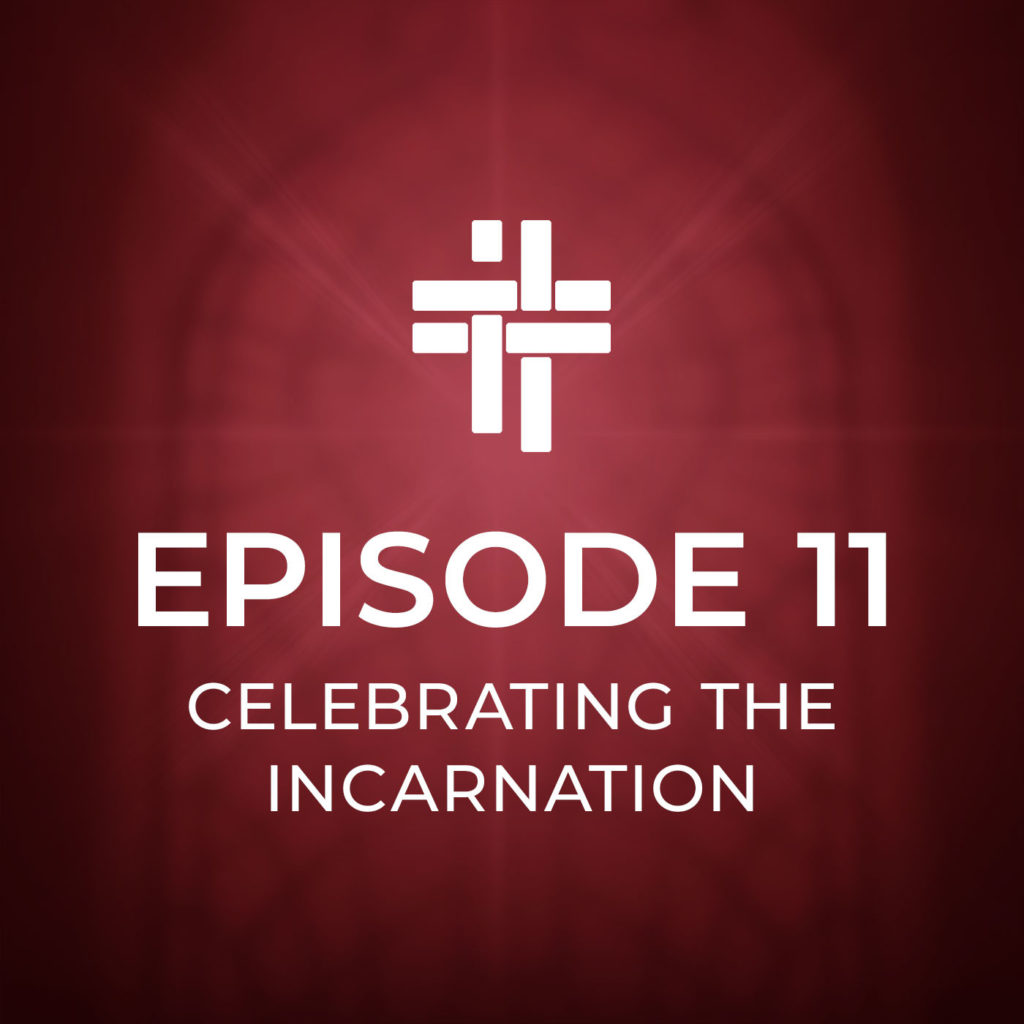At Christmas we celebrate not only the birth of the baby Jesus, but also a major supernatural event — the Incarnation. Caught up in celebrating the birth, we sometimes forget to reflect on the Incarnation, on the idea expressed in John 1:14, “And the Word became flesh and made his dwelling among us…” Ushered in by the Incarnation, divine relationship transforms us. Benedict XVI writes in God is Love: “Seeing with the eyes of Christ, I can give to others much more than their outward necessities; I can give them the look of love which they crave.” Merry Christmas, all.
Podcast: Play in new window | Download (Duration: 9:04 — 12.5MB) | Embed
Subscribe to the podcast
Credits
“Greensleeves” “Oh Little Town of Bethlehem” “O Holy Night” “Silent Night” and
“Hark the Herald Angels Sing” – all by John Sayles
Exzel Music Publishing (freemusicpublicdomain.com)
Licensed under Creative Commons: By Attribution 3.0


